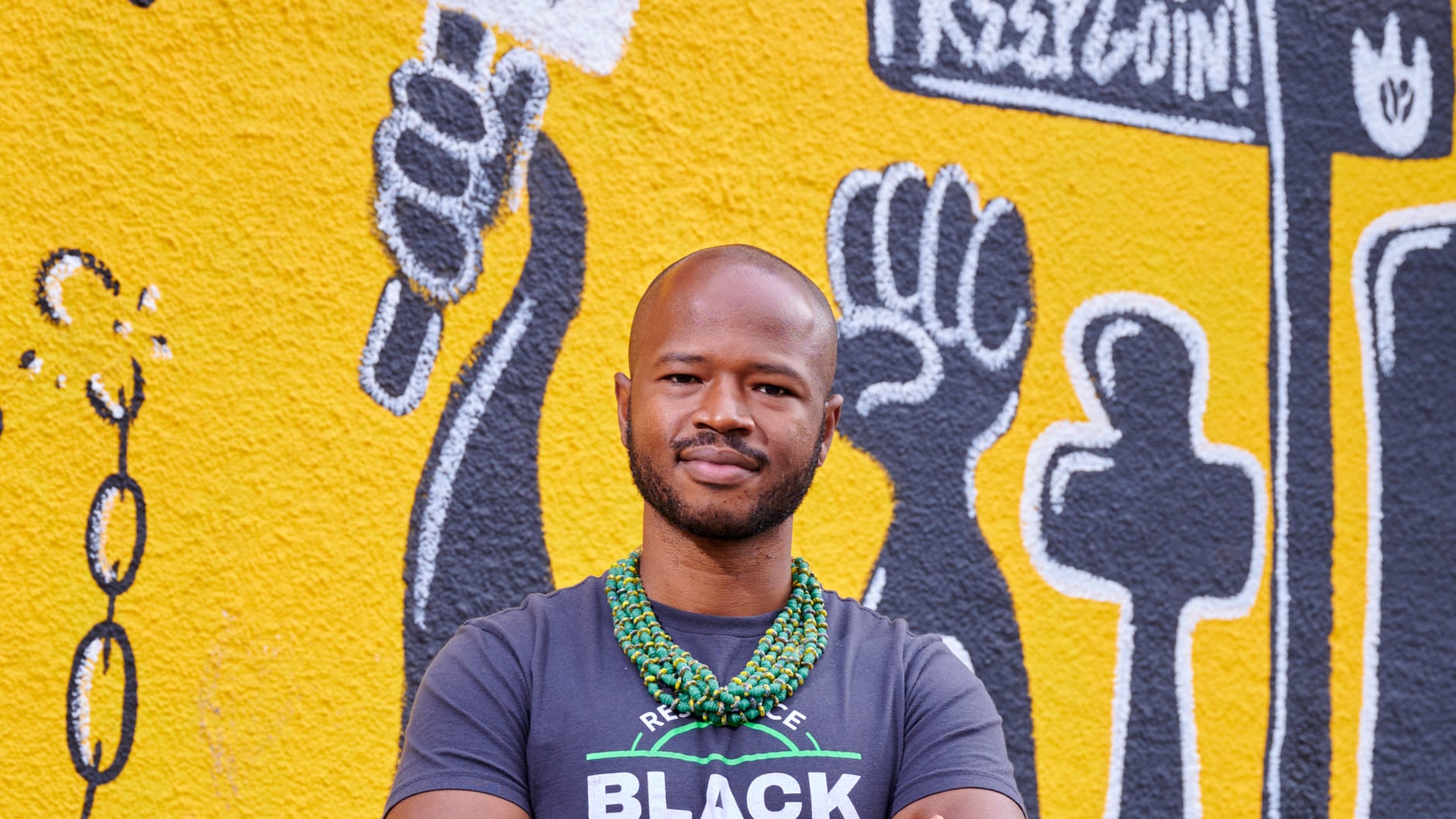DATE: Dec. 7, 2022
WHAT HAPPENED THEN: The board of Brown Hope, a local social justice nonprofit that aims to help Black Portlanders, placed founder and CEO Cameron Whitten on administrative leave following explosive allegations from inside the organization.
A 4,600-word whistleblower letter to Brown Hope’s board alleged Whitten created a “toxic” workplace for the nonprofit’s employees and accused him of misogyny and emotional abuse. The document also accused Whitten of regularly using and encouraging others to use ayahuasca, a psychoactive drug, and pushing employees to engage in spiritual practices against their will.
Whitten denied any wrongdoing.
The document further alleged that Whitten, 32, gave himself a $20,000 raise without board approval and that the board had not met for 14 months. (Upon receiving the letter, the board convened a Dec. 14, 2022, special meeting when it lifted Whitten’s suspension and voted to add two new members.)
The controversy came on the eve of Brown Hope’s largest-ever initiative. The nonprofit was on the verge of launching a guaranteed basic income pilot program for 25 needy Black families. The plan was to give the families up to $2,000 a month for three years through what it called the Black Resilience Fund.
But Brown Hope, which Whitten founded in 2018 and, according to its tax return, had revenue of about $3.7 million last year, put the program on hold following the whistleblower’s complaint. After WW’s initial report on that document, the Oregon Department of Justice, which oversees nonprofits, launched an investigation of Brown Hope.
WHAT HAS HAPPENED SINCE: Nearly a year later, that probe remains unfinished.
In July, Brown Hope’s former chief operating officer, Brondalyn Coleman, filed a lawsuit against Brown Hope and Whitten in Multnomah County Circuit Court. In her complaint, Coleman repeated many of the previous allegations against Whitten and added the charge that he required her to file a false tax return. (The return that Brown Hope filed in February of this year showed the nonprofit paid Whitten a salary of $119,000.) The lawsuit is still pending.
In its response to Coleman’s allegations, Brown Hope accused her of unauthorized credit card expenditures, which Coleman’s attorney says the Oregon Employment Department found to be untrue. On its website, Brown Hope says it began distributing money to the 25 families from the Black Resilience Fund in January. But it also says the organization raised just $48,163 of its $500,000 goal for this year.
WHAT DOES DOJ SAY? In response to why it’s taking so long to finish the investigation of Brown Hope, DOJ spokesman Roy Kaufmann pointed a finger at the organization. Kaufmann says two circumstances beyond the department’s control have dragged out the work: “There have been delays related to the organization’s change in legal counsel and in the organization’s provision of requested information.”
WHAT DOES BROWN HOPE SAY? Neither Whitten nor Brown Hope’s attorney, Leah Lively of the law firm Buchalter, responded to WW’s requests for comment.
